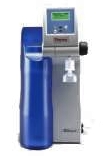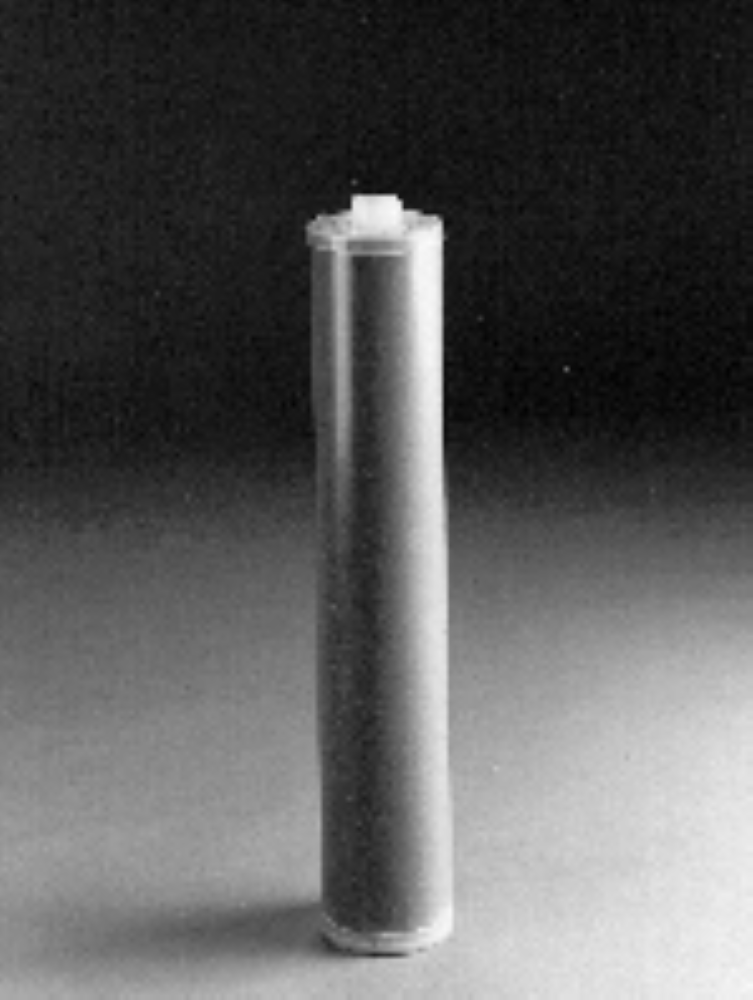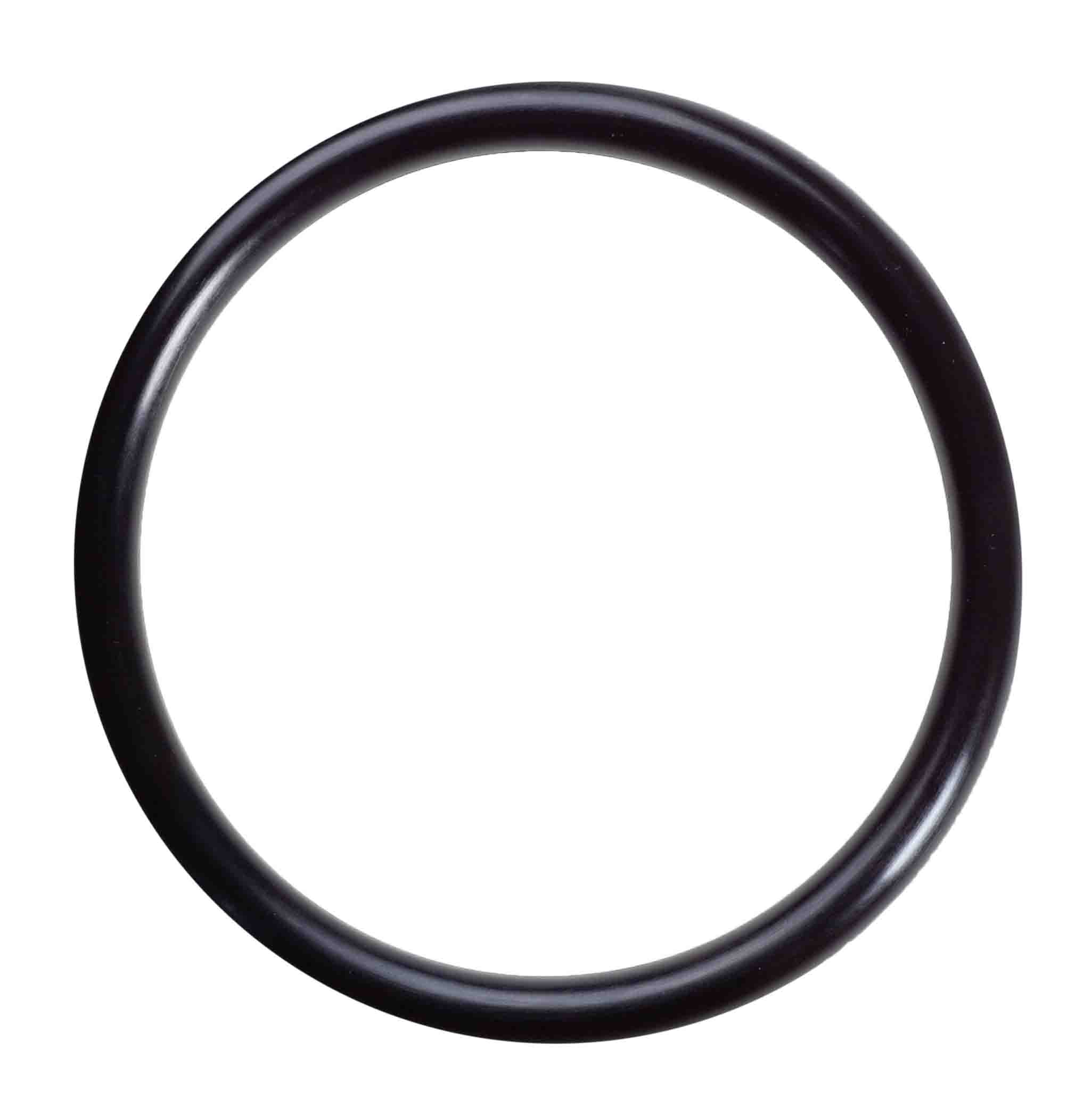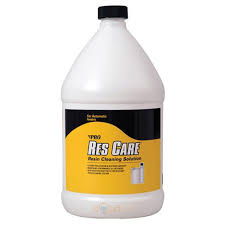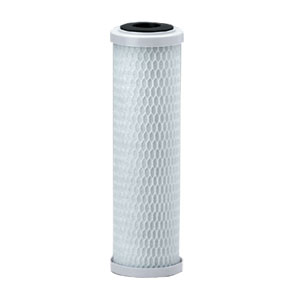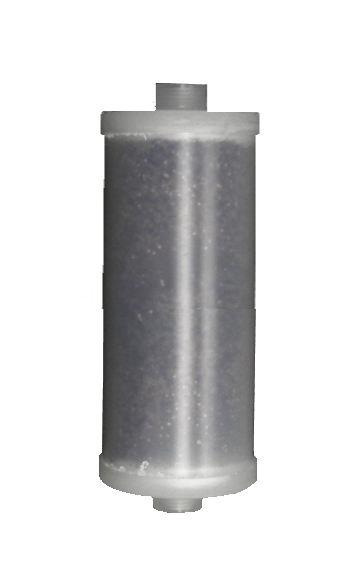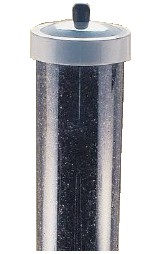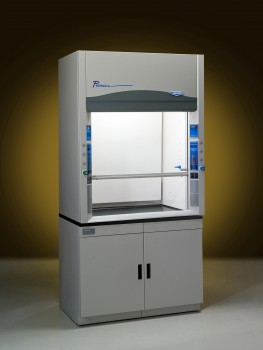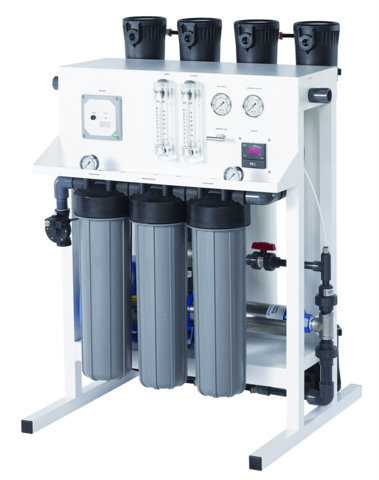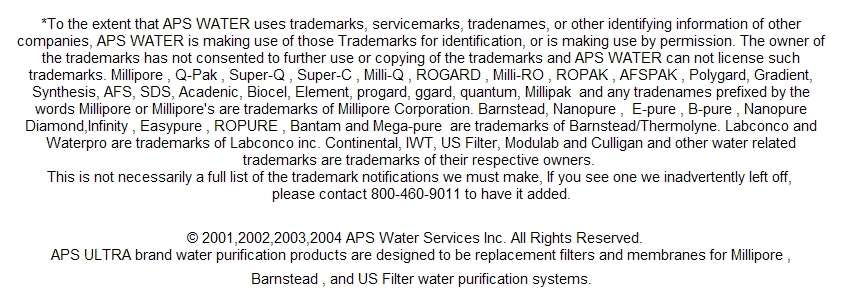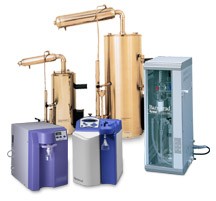 |
Need a New Laboratory Water System?
We have many to choose from. We can save you thousands on
Complete Systems and replacement filters for most brands. |
Bacterial Contamination in Laboratory Water Systems
Experiments were conducted to measure communities of bacteria within operating ultrapure water treatment systems intended for laboratory use.
Samples from various locations within Milli-Q Plus and Milli-Q UV Plus systems were analyzed for populations of planktonic bacteria at weekly intervals over 3 months of operation.
Relatively high initial densities of planktonic bacteria 10 to 10 bacteria per ml) were seen within both units when they were challenged with source water of poor quality, although the product water continued to be acceptable with regard to bacterial numbers, resistivity, and endotoxin concentration. Under more normal operating conditions, significant differences were seen in planktonic populations throughout the systems with excellent product water quality. A great deal of variability was observed in biofilm populations analyzed from various system surfaces after 3 months of operation.
The concentrations of planktonic bacteria and biofilm densities were much lower in the unit containing a UV lamp. These findings suggest that a range of microenvironmental conditions exist within purified water systems, leading to variable populations of bacteria. However, product water of excellent quality was obtained despite the bacterial communities.
http://www.ncbi.nlm.nih.gov/pmc/articles/PMC182097/
Bacteria control in lab water systems has always been a problem. As bacteria continue to grow within the system other contaminants are added to the water. You will see higher levels of total organic carbon and endotoxin as the systems become more and more contaminated.
The treatment for this concern is to sanitize the water systems quarterly. Unfortunately the bacteria grows inside the filters, so in order to have a successful sanitization it is also required to change all the filters.
Many systems have a 0.22 micron filter as the last filtration step. Although these filters are great for removing bacteria in the final product water but they don’t actually remove the bacteria. Instead the bacteria becomes trapped on the inner wall of the filter and as they live and die, they emit total organic carbon and endotoxin right through the 0.22 filter.
Most lab bacteria filter can be sanitized in place and do not need to be replaced unless you have flow rate or other contamination probems.
For more information about bacteria control in water systems, please contact us. We have special knowledge and experience in this area.
|

Images are representative of the products. Images may or may not be of the actual product. If it is important e-mail us for an actual image if available.
* Flat Rate UPS shipping when able to ship via UPS and is in the USA excluding Hawaii and Alaska.
Larger Items may not be able to ship via UPS, in that case freight charges will be quoted seperately.
International shipping will be quoted after the order is placed. You will have the opportunity to cancel before we finalize your order.
Terms and conditions
Credit Application
Privacy
Policy
Google Apps
List All Products
|




